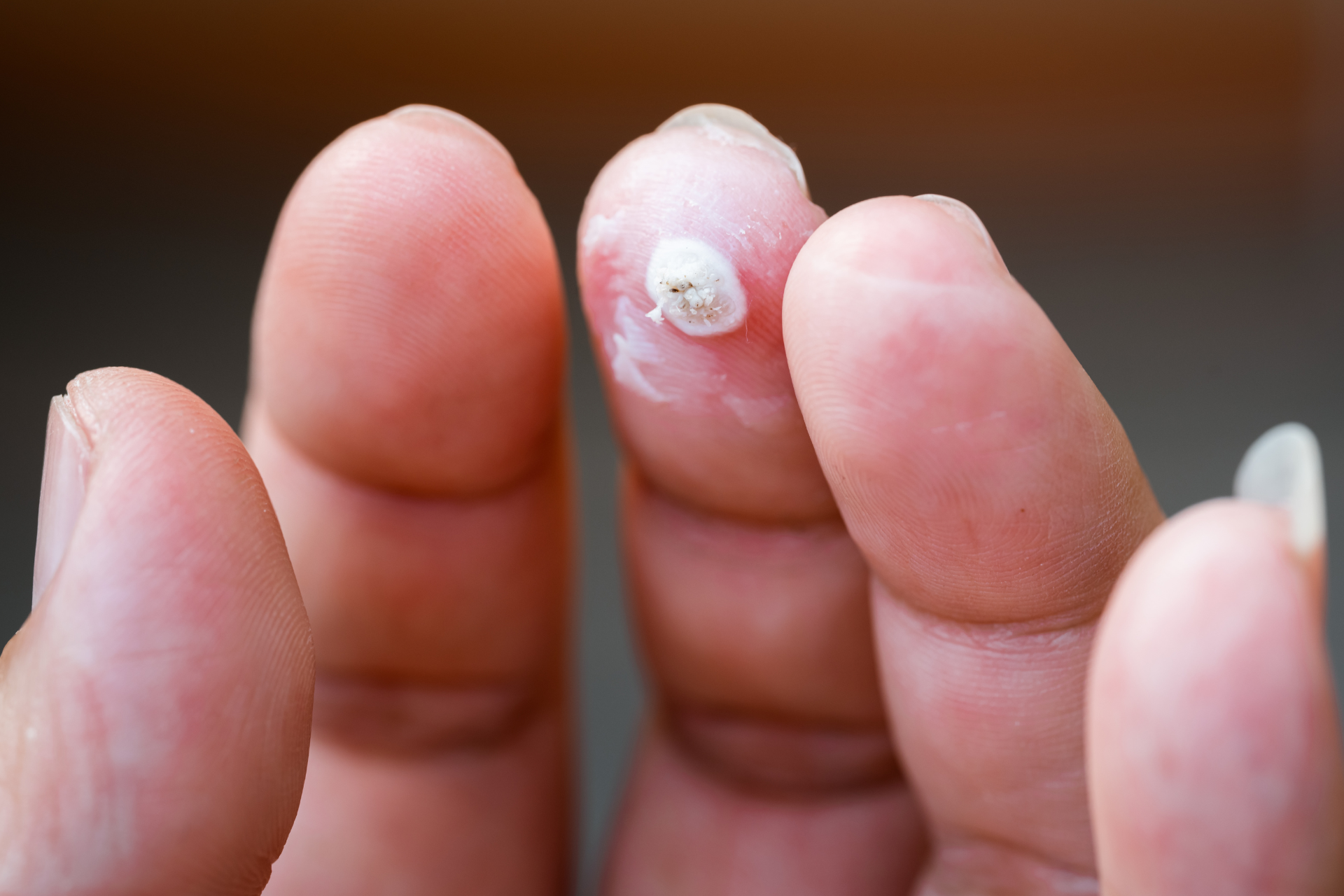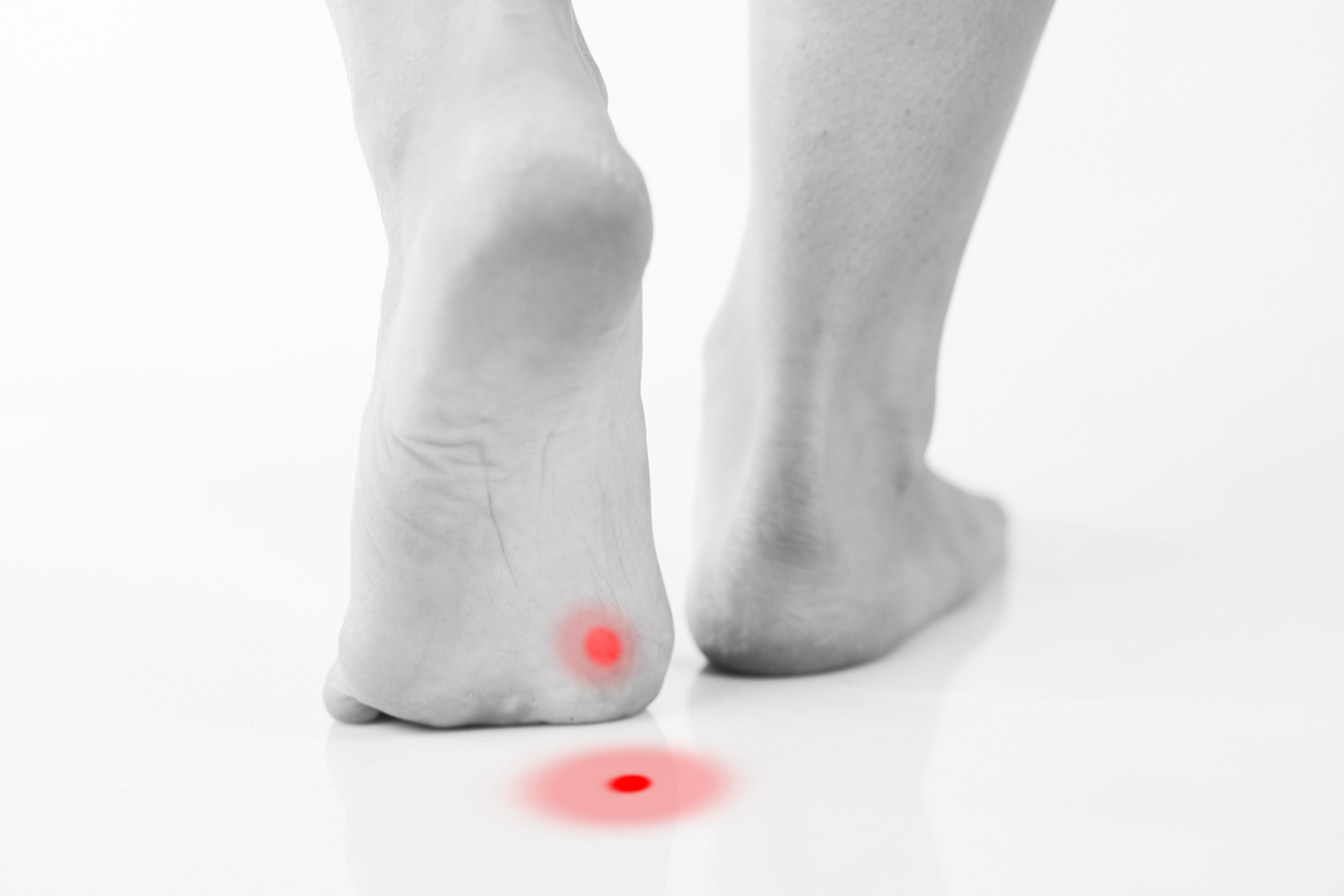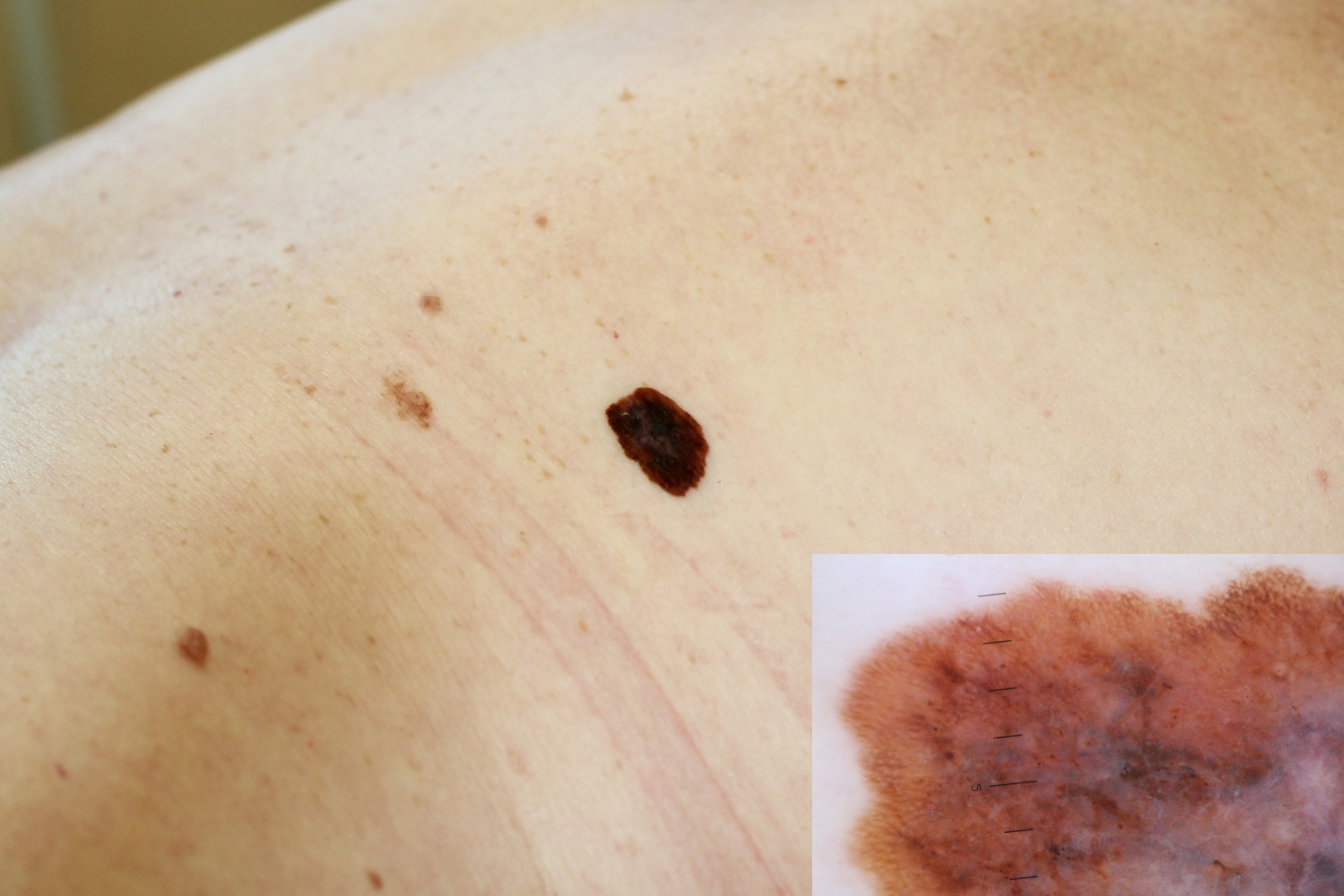Which Types of Warts Are Contagious? What You Need to Know

Introduction:
Warts are a common skin condition that can be a source of discomfort and embarrassment for many individuals. While most warts are harmless, it's essential to understand which types are contagious to prevent their spread to others and ensure prompt treatment. At Fall Creek Skin and Health Clinic, we believe in empowering our patients with the knowledge they need to take care of their skin health. In this blog post, we will explore which types of warts are contagious and provide valuable insights to help you protect yourself and your loved ones.
What are Warts?
Warts are small, non-cancerous growths on the skin caused by the human papillomavirus (HPV). There are several types of warts, each with distinct characteristics that determine their contagiousness. The common types of warts include:
1. Common Warts
These warts typically appear on the hands and fingers, with a rough, grainy texture and a grayish-brown color.
2. Plantar Warts
Plantar warts develop on the soles of the feet and can be painful due to the pressure from walking and standing.
3. Flat Warts
These warts are small, smooth, and flat-topped, often appearing in clusters on the face, neck, hands, or knees.
4. Genital Warts
Genital warts are sexually transmitted and can appear on the genital and anal areas. They are highly contagious and require medical treatment.
Which Types of Warts Are Contagious?
Not all warts are equally contagious. The contagiousness of warts depends on the type of wart and the location on the body. Here are the types of warts that are most likely to spread to others:
1. Plantar Warts
Plantar warts can be contagious, especially in moist environments such as communal showers, swimming pools, and gym locker rooms. Direct contact with contaminated surfaces can lead to the transmission of viral particles.
2. Genital Warts
Genital warts are highly contagious and are primarily transmitted through sexual contact. Using protection during sexual activity is crucial to prevent the spread of genital warts.
3. Common Warts
While common warts are less contagious than plantar warts and genital warts, they can still be spread through skin-to-skin contact or sharing personal items like towels and razors.
Preventing the Spread of Contagious Warts:
To minimize the risk of spreading contagious warts, follow these preventive measures:
1. Avoid touching or picking at warts to prevent the spread of viral particles.
2. Keep warts covered with bandages or clothing to reduce direct contact with others.
3. Wash your hands frequently, especially after touching warts or shared surfaces.
4. Refrain from sharing personal items such as towels, socks, and shoes with others.
5. Seek medical treatment from a dermatologist or healthcare provider for proper diagnosis and treatment of contagious warts.
At Fall Creek Skin and Health Clinic, we offer comprehensive skin care services to help you address all your skin-related concerns. If you suspect you have contagious warts or need guidance on wart prevention, don't hesitate to schedule a consultation with our experienced dermatologists.
Conclusion:
Understanding which types of warts are contagious is essential for taking proactive steps to protect yourself and others from the spread of these common skin growths. By staying informed and practicing good hygiene habits, you can reduce the risk of transmitting warts to those around you. Remember, early detection and treatment play a crucial role in managing contagious warts effectively. For personalized skin care solutions and expert guidance, trust Fall Creek Skin and Health Clinic to help you achieve healthy, glowing skin. Schedule your appointment today and take control of your skin health journey.




